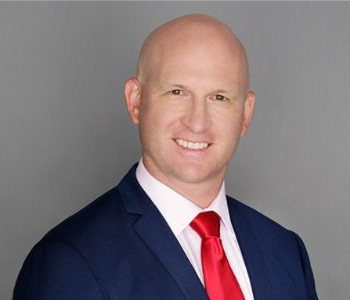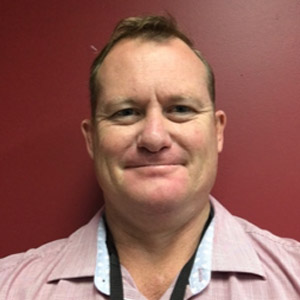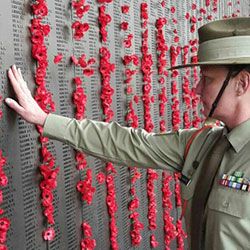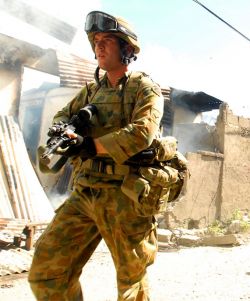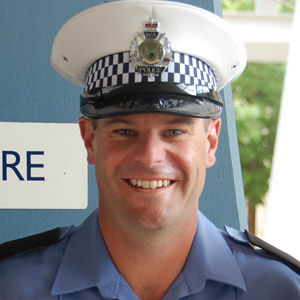Across the aviation industry there have been thousands of stand downs. Turn your experience into qualifications that demonstrate the value of your skills across a range of industries.
Overview
Across the aviation industry there have been thousands of stand downs. Turn your experience into qualifications that demonstrate the value of your skills across a range of industries.
One of the hardest hit industries by the COVID-19 pandemic has been travel, and therefore aviation.
Qantas, Virgin and their budget fleet Jetstar and Tigerair have slashed most routes and parked a staggering number of aircraft. With next to no planes in the air thousands of pilots, cabin crew and other aviation workers have been stood down.
If this has affected your job, you are very likely wondering what now?
These are unpredictable times, and whilst we cannot control change, we can control how we respond. So take a deep breath and read on. We’ve got some advice on what you can do now.
Top 3 Qualifications for Aviation Sector
The aviation industry covers such a broad range of roles and skills, therefore there are many qualifications that you may be eligible for, depending on your specific experience.
Here are the three most relevant and versatile qualifications to obtain through Recognition of Prior Learning for the aviation sector:
We’d like to share the story of one of our talented Skills Recognition Advisors – Amanda Smith who left Qantas after 20 years of aviation service… also wondering ‘what now’…
Life after Qantas – Amanda Smith
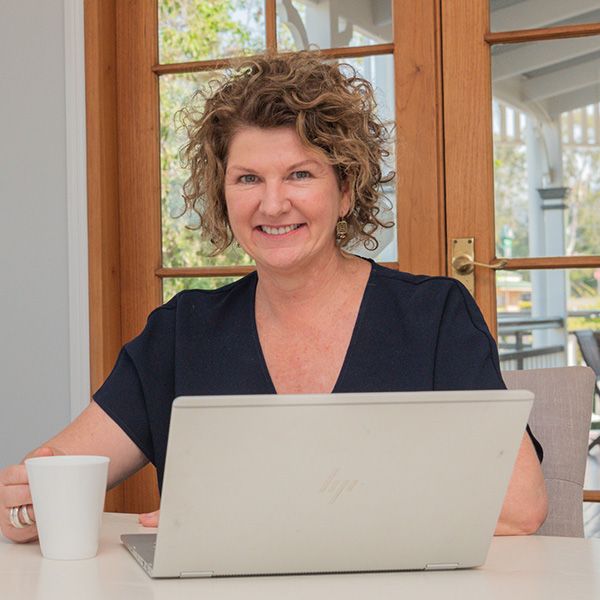
When people ask about life as a flight attendant, many times they already think they know the answer: glamorous travel, serving drinks and snacks with a smile, and reminding everyone to secure their seatbelts as we passed down the aisle.
Over my twenty years working for Qantas (first in the air, and then on the ground in training and recruitment), I certainly enjoyed some extraordinary travel opportunities working with some great people. I met my husband Brett, and have many great memories of my time in the air. And I did serve passengers with a smile, even when sometimes their behaviour may not have deserved one.
When I decided to change careers to be consistently home for my young family, I knew my time and experience with Qantas had taught me so much more. From managing difficult conversations with passengers, assessing possible security risks, developing the skills to remain cool under pressure, maintaining work health and safety standards for passengers and crew, to effective team work with colleagues juggling time and space constraints.
I had built up the sorts of skills that should have seen a recruiter circling the “Yes” box on a shortlist.
But walking out that last day from Qantas, all I had to show for 20 years, and an increasing level of responsibility across my roles, was a piece of paper that stated my start date and my end date.
I had no qualifications that meant anything to anyone outside of Qantas, and therefore no formal way of proving what I knew, what I could do, and what I was worth.
At the time, I didn’t know about the importance of capturing all that experience in a way that would overcome people’s perception of my role as a flight attendant. All I knew was how hard it was to find that next position and help people see past their assumptions about flight attendants.
And I also didn’t know a way existed to do just that. Something called Recognition of Prior Learning (RPL).
Put simply, RPL is an assessment method approved by the Australian Government that benchmarks all of the learning we have completed on the job and the skills and knowledge we have built up clocking all those hours in the air (think of it as the School of Hard Knocks) against nationally recognised qualifications.
For many people who are employed in industries where there is a strong internal training and mandated standard of knowledge and skills to stay in the role (such as aviation, defence, police and mining) but limited understanding of this outside the industry, RPL is proving a game changer in transitioning careers.
It saves people time and stress, through not having to return to the classroom to study what you already know. It also saves money, costing a fraction of the tuition fees for studying. And it gives you the external recognition your years of service deserve, whilst opening doors to new careers.
If you find yourself in a ‘what now’ position, here are three things you can do…
- What transferrable skills do you have that you could take to a new job? Get your position description and look at your duties. Jot down highlights of your career and key challenges you have encountered. This will help you start to get clear about how your experience would make you an asset to a new employer. Then use these insights to update your resume. Use our free guide: How to Create a Great Resume.
- Find some job advertisements for positions you could be interested in and then line up the job requirements against your skills and knowledge. It will help you look at your experience through the eyes of someone outside the aviation industry. Then write a job application that specifically addresses the criteria in the ad. Use our free guide: 8 Essential Tips for Writing Job Applications.
- Then get an understanding of how your experience measures up against nationally recognised qualifications through a free preliminary RPL assessment. This is a snapshot of how your experience lines up against qualifications and highlights the qualifications you might be eligible for. It will make moving into a new career so much easier.
If you would like to chat about transitioning careers after your years in the sky, or get an understanding of what your experience is worth through RPL, please feel free to get in touch: 1300 793 002 / info@churchilleducation.edu.au
RPL qualifications range from $995 – $3500.
We have a range of payment options available for you including: Bank Transfer, Credit Card, Instalment Payment Plans and Finance Options. Find out more here.
How does the RPL process work?
- We conduct a free qualification appraisal and give you a report
- You tell us the qualifications you want and provide evidence
- You receive nationally recognised qualifications!
Let’s step this out a bit more:
Step 1. We conduct a free qualification appraisal and give you a report.
The RPL process begins with a conversation with one of our Skills Recognition Advisors.
- You tell us what you’re looking for and where you want to go
- You provide a few easily accessible documents
- You’ll be sent a report within 48 hours. This will include a breakdown of costs involved and lists the qualifications:
- you could be eligible for right now;
- you could be eligible for if you are able to provide some further evidence (and we’ll share with you what the gaps are and the evidence we’d need); or
- if training would be your best option. We don’t offer the training so we’ll give you some information about how to locate a training organisation who delivers what you are looking for.
This is cost-free and obligation-free.
Step 2. You tell us the qualifications you want and provide evidence
You can make an informed decision about which qualifications are best for you and your career. Once this is confirmed, we can complete the process.
- We tell you exactly what evidence we need to establish your competency in the units that make up a qualification
- You provide your evidence, then you can sit back and relax!
- We match the evidence to the units. This is called mapping. Other providers may get you to do this yourself.
Step 3. You receive nationally recognised qualifications!
Congratulations! Your experience has been validated and translated into nationally recognised qualifications.
- To save you time, we submit all the paperwork to the government for you. This formalises your qualifications.
- You receive your qualifications though both email and post, within 14 days. Or, with our VIP Fast-Track Service, you can have them in just 7 days.
Are RPL qualifications nationally recognised? Yes.
Churchill Education is a registered training organisation, RTO:31430. This means that we are regulated by the Australian Skills Quality Authority (ASQA), the Australian Government regulatory body for the VET sector.
The qualifications that we offer are nationally recognised, and issued under the Australian Qualifications Framework (AQF). Accordingly, they’re exactly the same as those granted by other educational institutions such as TAFE.
Apply for a Complimentary Assessment
Graduate Reviews

